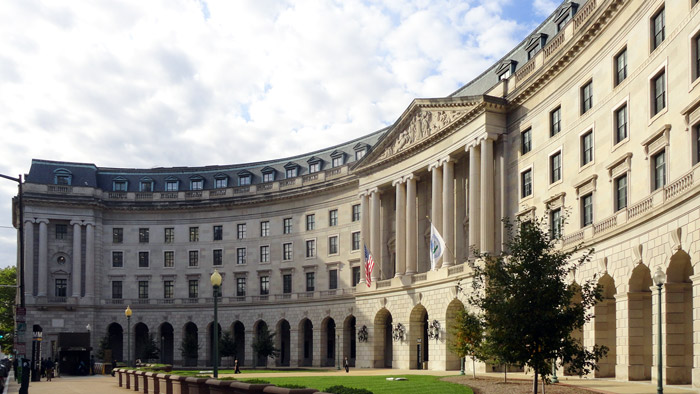
U.S.EPA announces virtual public hearing on its proposal to streamline fuels regulations
The U.S. Environmental Protection Agency (EPA) has announced a virtual public hearing to be held on May 28, 2020, on its proposal for the “Fuels Regulatory Streamlining Rule,” which was signed on April 13, 2020. The EPA is proposing to update its existing gasoline, diesel, and other fuels programs to improve overall compliance assurance and maintain environmental performance, while reducing compliance costs for industry and the EPA.
The virtual public hearing will provide interested parties the opportunity to present data, views, or arguments regarding the proposed rules. The EPA is deviating from its typical approach because of the Covid-19 pandemic, which has been declared a national emergency. Because of current CDC recommendations, as well as state and local orders for social distancing to limit the spread of COVID-19, EPA cannot hold in-person public meetings at this time. In order to join the hearing, individuals must register for the hearing, even if they do not intend to provide testimony. More information on how to register can be found by downloading this public hearing notice.
The EPA is proposing a major reorganization of its Clean Air Act (CAA) Fuels and Fuels Additive regulations (40 CFR Part 80). In the proposed revisions, the agency says it seeks to adopt a “holistic” approach that consolidates many different and overlapping regulations in Part 80 into a new Part 1090. The revisions “will better reflect how fuels, fuel additives, and regulated blendstocks are produced, distributed, and sold in today’s marketplace” and thereby reduce the burden the regulated community faces in complying with Part 80, says the EPA.
Perhaps the most major action under the proposal would be the elimination of many of the regulatory differences between conventional gasoline (CG) and reformulated gasoline (RFG); the intent here is to minimize restrictions on commingling these two fuel types.
The proposed revisions potentially affect a wide range of industry sectors, including petroleum refineries and importers, manufacturers of gasoline additives, petroleum products pipelines, bulk petroleum storage, and natural gas production and distribution. The EPA estimates that the proposal would lower the annualized administrative cost savings to industry by USD32.9 million. Other savings associated with improving the fungibility of fuel and providing greater flexibility could potentially be even more significant but are more difficult to quantify, adds the EPA.
The agency emphasizes that the action does not change the stringency of the existing fuel quality standards, although changes to certain provisions “may slightly, indirectly affect in-use fuel quality.”
The EPA is proposing that compliance with most of the provisions of part 1090 begin on January 1, 2021. This proposed date would result in the first compliance reports for the 2021 compliance period being due on March 31, 2022, and the first attest engagement reports for the 2021 compliance period being due on June 1, 2022.
For more information, go to: https://www.epa.gov/diesel-fuel-standards/notice-proposed-rulemaking-streamlining-and-consolidating-existing-gasoline.











